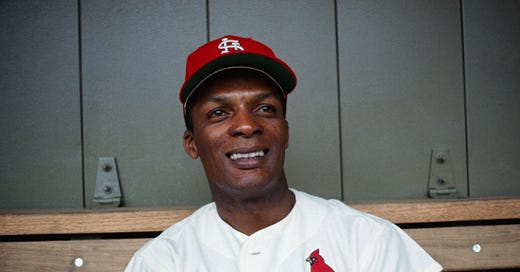There’s a great scene at the end of “Princess Bride” — a movie with, perhaps, more great scenes than any other — after Inigo Montoya has killed Count Rugen and Westley has reunited with Buttercup, and Fezzik has found the four white horses that will take our heroes off into the sunset.
And Inigo turns to Westley and says: “You know, it’s very strange. I …



